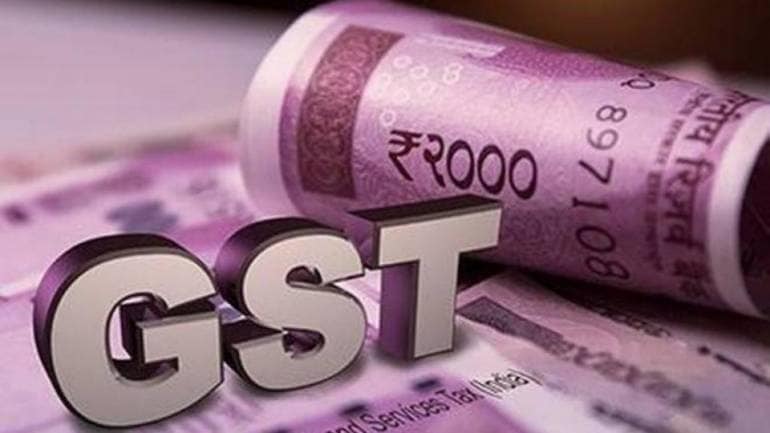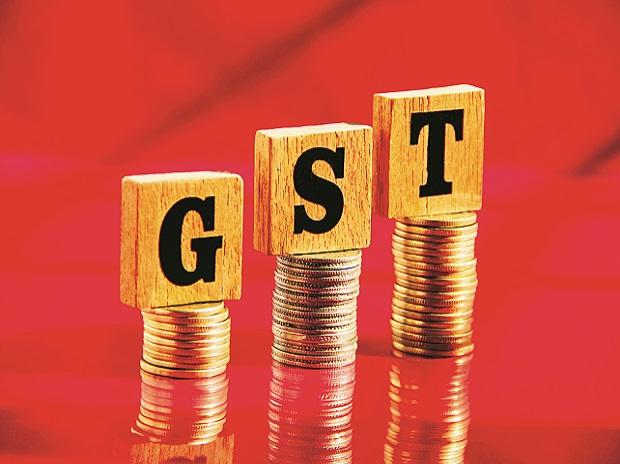- The GST Council had offered the states 2 borrowing options to tide over GST revenue shortfall
- States could either borrow ₹97,000 crore from RBI or take ₹2.35 tn from market under different terms
Five states that are not ruled by the Bharatiya Janata Party (BJP) on Monday rejected the proposal mooted by the central government at last Thursday’s Goods and Services Tax (GST) Council meeting that states could borrow to meet their current GST revenue shortfall.
The governments of Punjab, Delhi, Kerala, Telangana and West Bengal agreed at a meeting of their finance ministers to reject both the borrowing options proposed by the Centre, Chhattisgarh finance minister T.S. Singh Deo said in a tweet.
They also decided that the Centre should not delegate its constitutional obligation of meeting the revenue gap to the states. The position taken by the states is significant considering that political differences on GST related issues could echo in the monsoon session of Parliament.
The council had on Thursday offered states two borrowing options to tide over their GST revenue shortfall as the GST cess collected from items such as cars and tobacco was not adequate to compensate them this financial year.
States could either borrow ₹97,000 crore from the Reserve Bank of India (RBI) or take ₹2.35 trillion from the market under different terms.
“It was agreed among the states that the Centre should make good the shortfall and most importantly should only move through consensus in the GST Council instead of trying to push through its agenda in a majoritarian manner,” Deo said.
Kerala finance minister T.M. Thomas Isaac said the states were left with no option. “Now that we fully understand Centre’s intentions on GST compensation, we have no choice other than to reject them lock, stock, and barrel… No more surrender of states’ rights,” Isaac tweeted.
Punjab finance minister Manpreet Singh Badal said in a letter to Union finance minister and GST Council chairperson Nirmala Sitharaman that both the borrowing options offered were a breach of the constitutional assurance of compensation to states. “We thus take both the options with great regret as a clear breach of the solemn and constitutional assurance by the central government. We believe this is a betrayal of the spirit of cooperative federalism that formed the backbone of the GST journey so far,” said Badal.
Delhi deputy chief minister Manish Sisodia, who also holds the finance portfolio, said the states resolved that the only legally tenable option to tide over the crisis was for the central government to borrow the entire shortfall from RBI or any other suitable mechanism. “The repayment of the principal and the interest liability should start from 2022 and should be entirely serviced out of the receipt from the cess for which the GST Council should extend the period of levy of cess beyond five years or till the time it is required to repay the debt,” said Sisodia.
Source: Livemint.com
***
[rainbow]Don’t miss the next GST Update / Article / Judicial pronouncement[/rainbow]
Subscribe to our newsletter from FREE to stay updated on GST Law
Resolve your GST queries from national level experts on GST free of cost.
TW Editorial Team comprises of team of experienced Chartered Accountants and Advocates devoted to spread the knowledge of GST amongst the various stakeholders.




